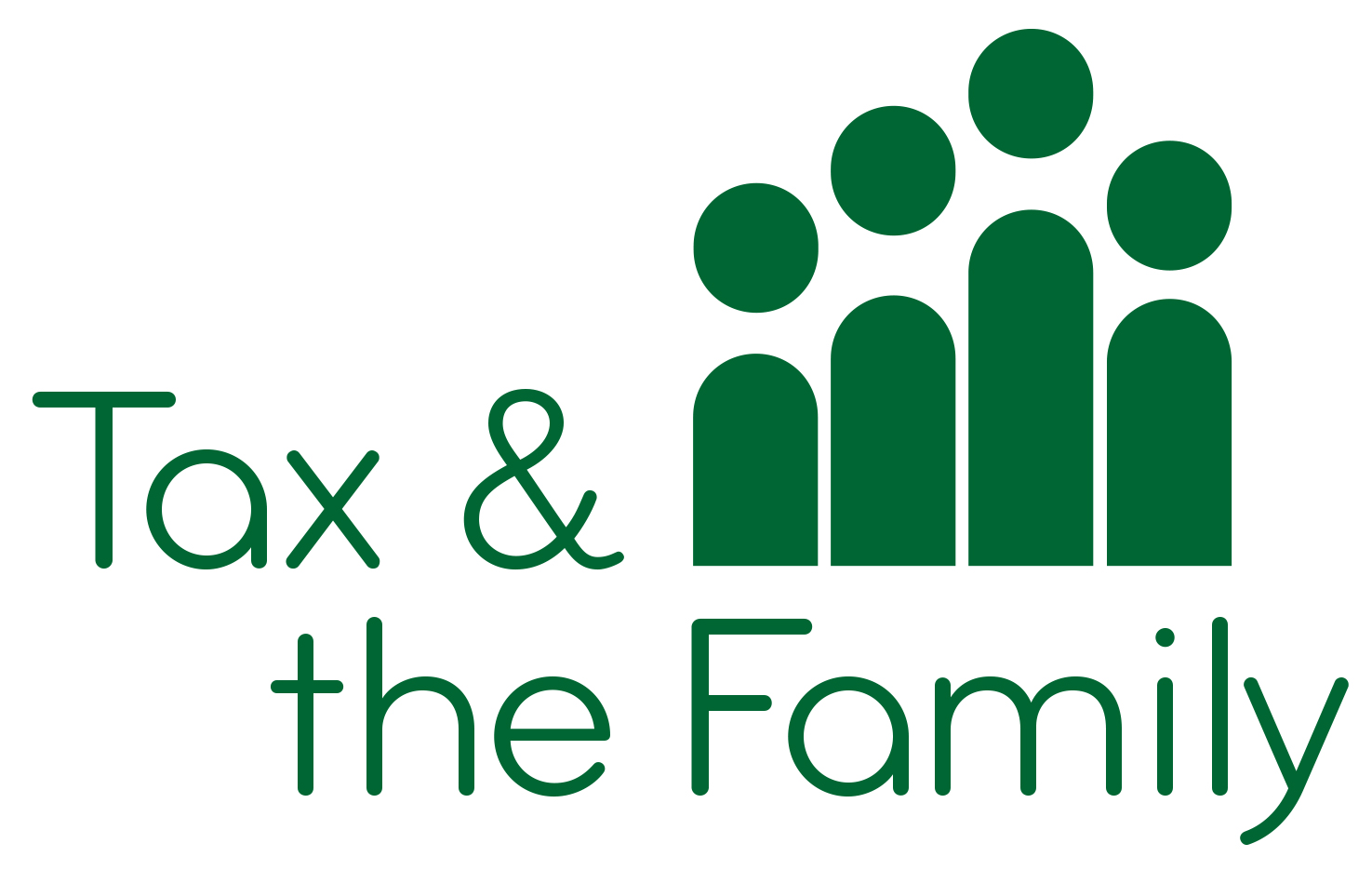Spring Budget Response
The Big Offer on Child Care
Spring Budget unlikely to make it much easier for parents with young children to re-enter the workforce - Tax and the Family say.
The Spring Budget included a number of measures designed to make it easier for parents to return to the work force or increase their hours. The Treasury say 435,000 parents in England with children under 3 are inactive due to caring responsibilities. The Government is increasing the amount of free child care that working families can access. £41 million is to be provided by 2027-28 to fund 30 hours per week free child care for working parents in England with children aged 9 months to 3 years. This will match the existing 3 to 4 year offer.
This does not happen immediately. Nothing happens for a year. From April 2024 working parents with 2 year old children will be able to access 15 hours of free child care. From September 2024 this will be extended to working parents of 9 months to 2 years olds. It is not until September 2025 that all eligible parents with children aged from 9 months to 5 years will have access to 30 free hours per week.
The Chancellor has also announced changes to the universal credit rules for child care expenses. At present anyone entitled to universal credit can claim 85% of their child care costs. The maximum amount that can be claimed is £646 for one child and £1108 for two or more children. These amounts are being increased £951 for one child and £1630 for two children. The amount parents actually receive depends on the claimant’s family net of tax income. Universal credit payments are made monthly in arrears.
Tax and the Family doubt whether the changes to universal credit will significantly increase the number of parents in the workplace, or hours worked.
This is because families already claiming Universal Credit will be able to keep only 31% of any new income – some will find that they are able to keep even less. This is because families on universal credit will often have an effective tax rate of 69%. Income tax payments account for 20% , national insurance contributions 12% and the increase in income results in a cut in universal credits of 37%.
It is not much of an incentive to enter the workplace or increase hours if the government takes back 69% of any new income.
Moreover parents will still have to fund themselves 15% of the child care costs. There will be little increase in a family’s disposable income from someone returning to the workforce after income tax, nic and the reduction in universal credit are all taken into account.
If the Government really wanted to get parents with young children back into the work force it would be tackling the high effective marginal tax rates which parents face because of the overlap between the tax and benefit systems.
The problem is the high effective marginal rate which is caused by the way the tax and benefit systems overlap. The root of the problem is that, unlike the tax systems in most other countries, income tax takes no account of the family.
At the top of the income scale the Chancellor is making changes to the pension tax arrangements because of the very high marginal rates which can arise. We should have liked to see him similarly make changes to reduce the high marginal rates for working people on Universal Credit.
